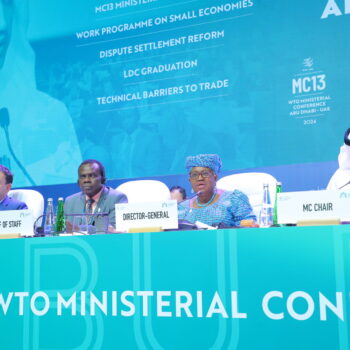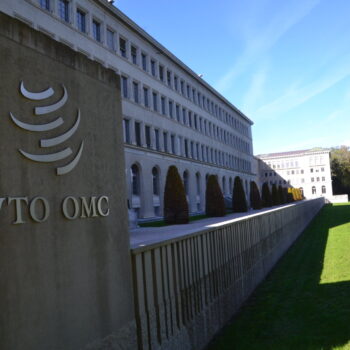Next January the European Commission will issue its recommendations for a 2030 climate and energy package. The package offers the opportunity to drive a fundamental transition in the EU economy, secure markets for the expansion of the European low carbon industry, and help EU diplomacy leverage a binding global climate change agreement in Paris in 2015. At least this is what it ought to do.
Discussions within the European Commission however seem to lean towards an entirely different package: one which would effectively slow down European decarbonisation whilst simultaneously discouraging further investments in resource efficient infrastructure, products and services, and damaging Europe’s best diplomatic lever to increase the climate ambition of other major economies
More specifically, if President Barroso indeed puts forward the widely leaked proposal of a maximum reduction in 2030 of 40% of GHG emissions below 1990 levels, it would signal the end of EU diplomatic and technological leadership. A 40% target is inconsistent with the EU’s long-term commitments of reducing GHG emissions by 80-95% by 2050; a simple linear reduction would bring the EU to 45% in 2030. A 40% target would equate to 33% real reductions given the expected surplus of 2.3bn allowances expected to build up until 2020; European Commission analysis shows that existing policies would reduce emissions by 32% by 2030 already. Such staggering lack of ambition sends the signal to the global low carbon industry, currently representing $4tr/yr and growing at 4%/yr, that it simply is not needed in Europe.
Only by setting a clear direction can Europe attempt to keep its share of the global low carbon and environmental business market – currently at 22%, before the US (19%), China (13%), and all major economies. An ambitious 2030 package, built over the European policy outcomes necessary for the next 15 years, would do just that. A package which would drive the fundamental transformation of the European economy by:
- Managing the European consumers’ exposure to increasingly volatile oil and gas prices: energy efficiency measures have gone a long way in stabilising fossil fuel imports representing €573bn in 2011, but price rises have still driven up costs impacting the economy and living standards. Any future EU policy must be founded on increasing the efficiency of energy use, which experience shows requires strong policy and market reform.
- Developing the tools necessary to decarbonise the European economy: over the past decade, costs of renewable energy have fallen dramatically whilst CCS has made little progress and nuclear power has been rejected or scaled back. Renewable energy remains a no-regrets option for EU decarbonisation which also drives energy security and reduces the EU’s exposure to market and technology risks.
- Adapting European electricity markets to new energy mixes: electricity markets have changed drastically as the penetration of RES has increased. The integration of intermittent renewables requires complementary goals, mechanisms and reforms to build stronger and smarter grid infrastructure, drive market integration and create demand-side markets.
- Keeping Europe on a credible pathway to full decarbonisation by 2050: a framework for delivering investment in efficiency and renewables provides a firm basis from which to fix a forward carbon target which would result in an effective carbon price


